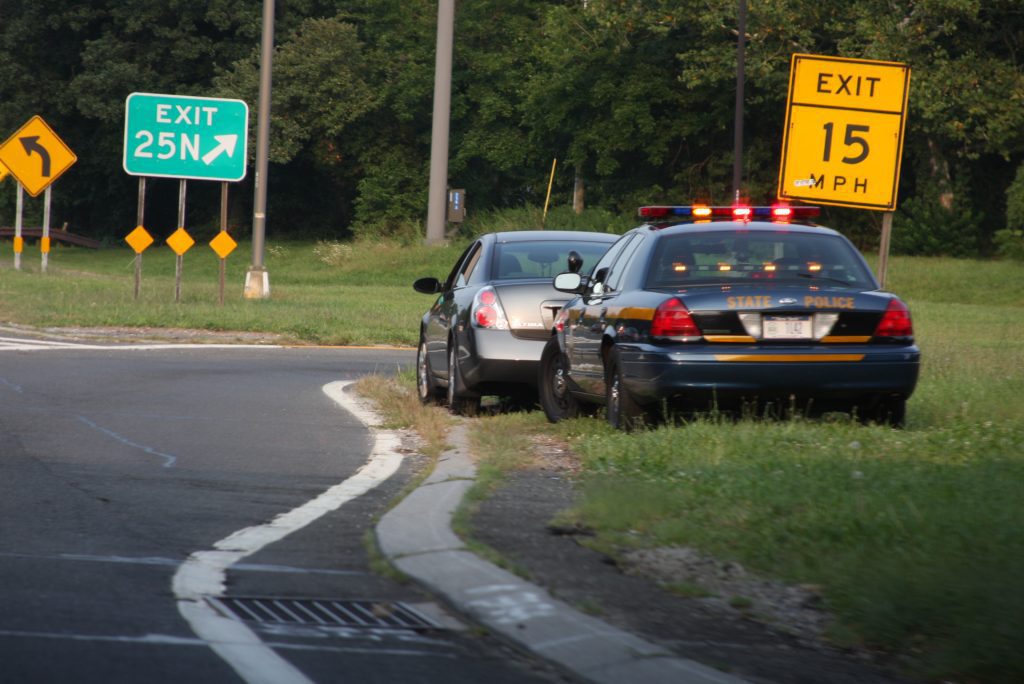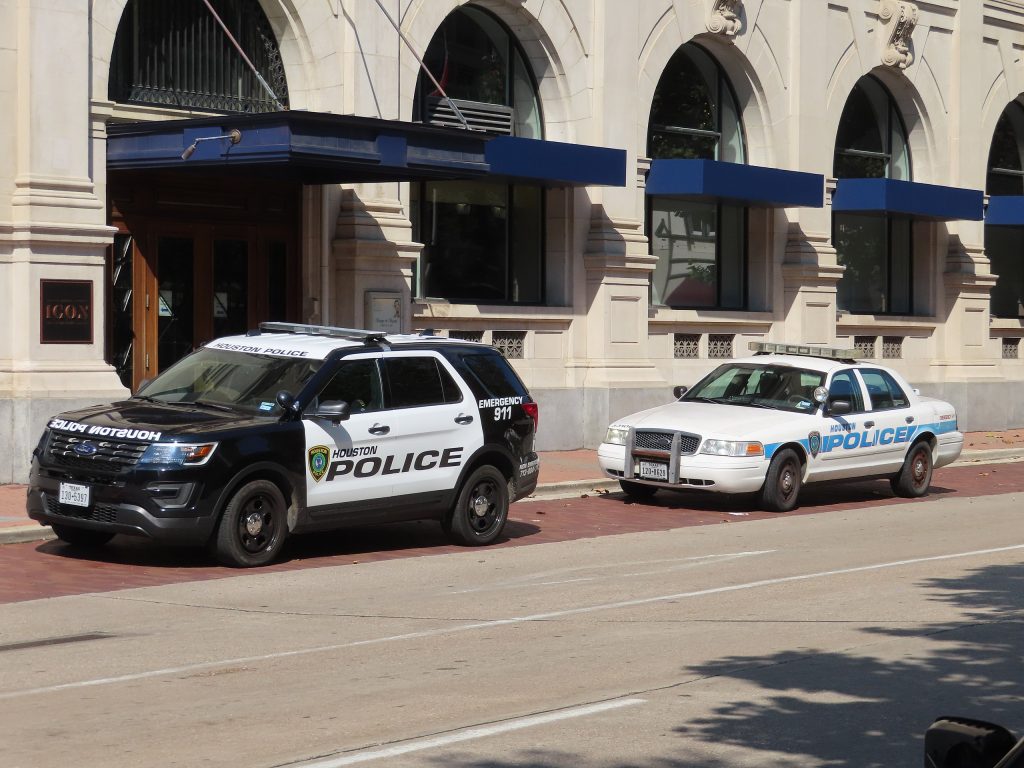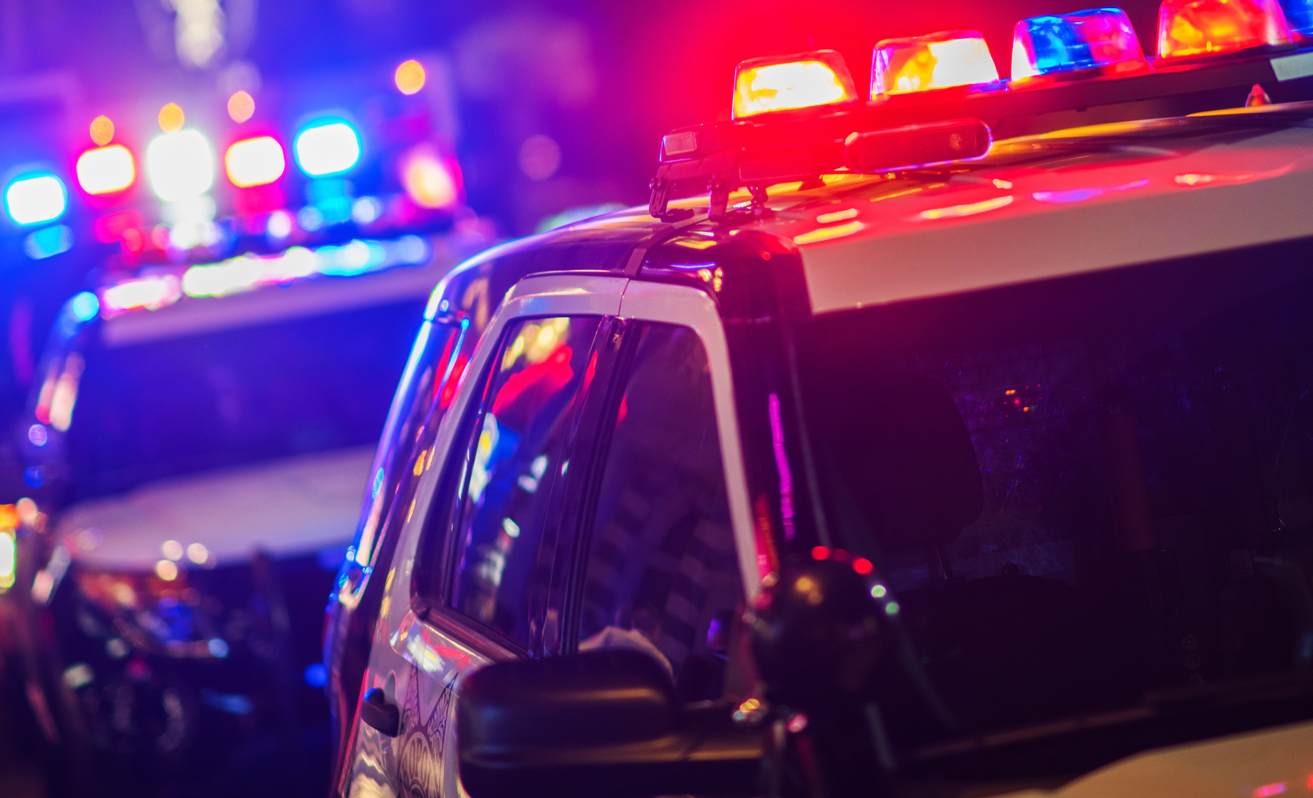You probably know that the Constitution guarantees you the right to remain silent. Maybe it’s because you know that the Fifth Amendment states that no one “shall be compelled in any criminal case to be a witness against himself[.]” Or maybe it’s because you’ve watched TV and heard what the police say when they arrest someone: “You have the right to remain silent.”
Either way, you know you don’t have to talk to police. Yet, during a traffic stop, you probably tell the police lots of stuff — who you are, what you’re doing, where you’re going and, if the police are lucky enough, what you think you did wrong.
But what do you actually have to tell police when you’re pulled over? Not much.
Do you have to give the police your name during a traffic stop?
Usually. In most states, you must give your name to police officers if they ask for it when they pull you over. The only other things you might have to do are giving the officer your driver’s license, vehicle registration and proof of insurance.

Do you have to give the police more information during a traffic stop?
No. After you identify yourself and give the officer your documents, you don’t have to answer any other questions. This doesn’t mean, however, that the officer won’t ask you more questions.
It’s common for police to ask where you’re traveling. This question may seem innocent. After all, most of the time, you’re probably going somewhere normal: work, school, home, etc.
But the officer might use your answer to justify searching you or your vehicle. And, even if your answer doesn’t give the officer a reason to search, he or she might ask to search it anyway.
It’s not common for police to ask to search your car by giving you the impression that it’s already too late. “There’s not a reason why you’d be uncomfortable with me searching your car, is there?” an officer might ask.
Now, if you say no, you’ll feel like you’re hiding something even if you aren’t. And your actions based on that feeling — maybe shaking because you’re scared or stuttering because you’re nervous — can be used as additional reasons to search your car.
Of course, you also know about one of the most common questions that gets people in hot water: “Do you know why I pulled you over?” It’s not uncommon for people who respect law enforcement and follow rules to try to come up with an answer to that question even if it’s not true.

A Real-Life Example
Here’s a small personal story from my life to explain. When I got into in a car accident as a 16-year-old kid, police asked me over and over and over again how fast I was going. I honestly didn’t know the answer. But they kept asking and asking and asking.
I was already humiliated because the accident was my fault. And I absolutely came within seconds about simply guessing a speed in hopes that it would make the officers happy.
Thank goodness I didn’t. Had I guessed a speed, that “admission,” even though it was completely made up just to make the police happy, would have been used to increase the charges against me from careless driving (a civil infraction) to reckless driving (a misdemeanor that could become a felony in certain situations).
This example comes from my personal life. But people have the same experience almost everyday.
The Takeaway:
You have the right to remain silent during a traffic stop. Use it. You only have to tell the police your name (in most states) and give them your driver’s license, vehicle registration and proof of insurance. Other than that, you don’t have to answer an officer’s questions.






